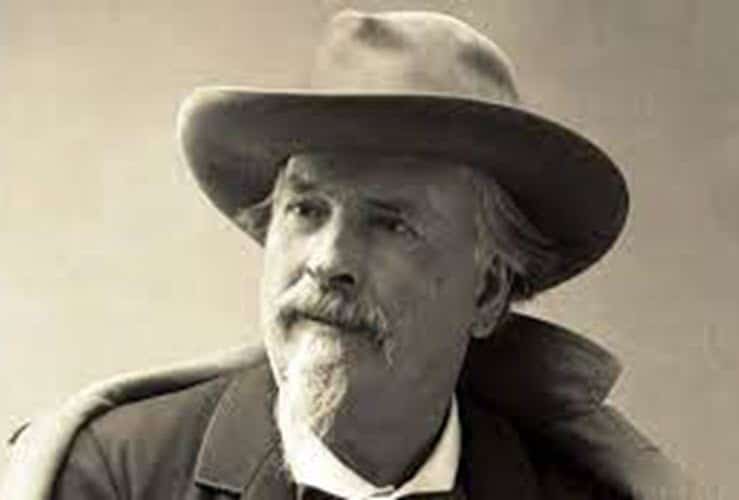Frederic Mistral (8 September 1830 – 25 March 1914) was a French writer and poet who is best known for his contributions to the Occitan language and literature. In 1904, he was awarded the Nobel Prize in Literature
Life and Career
He was born on 8 September 1830, in Maillane, France. He attended school in Saint-Rémy-de-Provence, and later, he studied law in Aix-en-Provence.
Despite his formal education in law, Mistral’s passion was for literature and the Occitan language. As a young man, he spent time traveling around the region of Provence, collecting folk songs and stories in the Occitan language. He was deeply committed to preserving and promoting the language and culture of Provence.
In 1852, Mistral met Joseph Roumanille, a teacher and poet who shared his love for the Occitan language. Together, they founded the Félibrige, a literary and cultural association dedicated to the preservation and promotion of Occitan language and literature.
His most famous work is his epic poem, “Mireille,” which was published in 1859. The poem tells the story of a young woman named Mireille who falls in love with a man from a rival family. The poem is written in Occitan and has been praised for its beautiful language and vivid descriptions of the landscape and culture of Provence.
He also wrote several other important works, including “Calendau” and “Lou Tresor dóu Felibrige,” a massive dictionary of the Occitan language.
He died on 25 March 1914, in Maillane, France.
Award and Legacy
Mistral’s work with the Félibrige and his contributions to Occitan literature earned him widespread recognition and acclaim. In 1904, he was awarded the Nobel Prize in Literature in recognition of his contributions to the preservation of the language and literature of Provence.
His legacy is primarily defined by his contributions to the Occitan language and literature. Through his writing, activism, and leadership in the Félibrige, Mistral helped to preserve and promote the Occitan language and culture at a time when it was facing significant threats from French centralization and linguistic homogenization.
Today, Mistral is remembered as one of the most important figures in the history of Occitan literature and culture. His work with the Félibrige helped to inspire a renewed interest in the Occitan language and culture, and his contributions continue to be celebrated and remembered in the Occitan-speaking world.
In addition to his literary contributions, Mistral’s legacy also includes his role as an activist and advocate for the Occitan language and culture. His work helped to elevate the status of the Occitan language and to inspire a sense of pride and connection among Occitan speakers.

